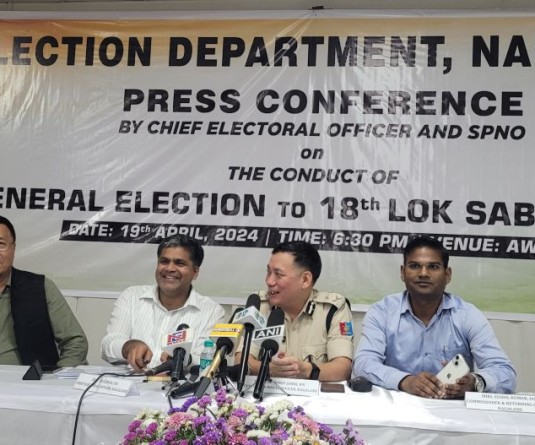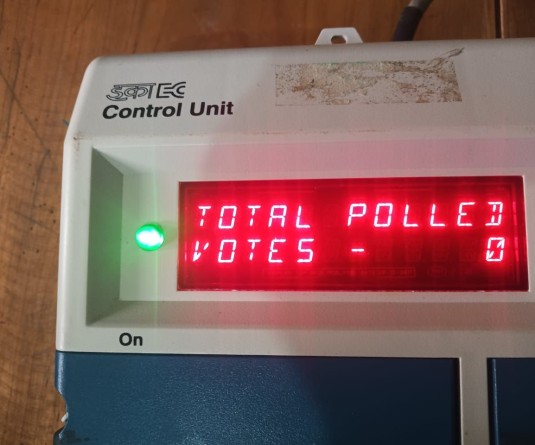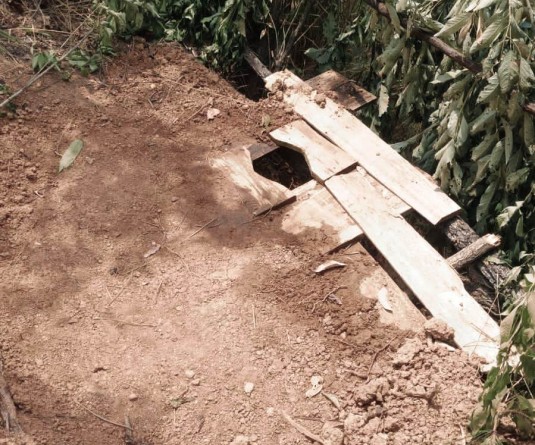
Morung Express News
Kohima | July 11
Just when a semblance of normalcy was returning to Nagaland, barely four months after the February ULB election uproar, the State woke up to yet another political drama enacted by the Nagaland legislators, almost akin to a ‘coup d'état on July 8.
In the wake of the political drama continuum, Nagas, especially the young, are left disillusioned and bitter by the actions of their leaders whom they elected. The crisis has created an atmosphere of trust deficit, indifference and complete loss of hope in the leaders among the people.
“Honestly, I don’t see any leaders. It has become a shame to even say that they are the person we voted as our democratic representatives,” says Atuno Hiekha, a young citizen in the Capital. With the elected representatives chasing power instead of working for the public’s welfare, Hiekha views that they are not capable of running the State.
For Kezhosano Khikhi, Advocate, and Coordinator, Human Rights Law Network, Nagaland Unit, the current political crisis in Nagaland indicates the inefficiency of the leaders in running the machinery of the State.
“It is unfortunate that the political scenario has become more a ball game of personal interest rather than public interest which have witnessed constant break down and fissures,” the young advocate lamented.
Checking into the State affairs, addressing the core issues of the perpetual State deficit, working for the welfare of the citizens and communities in providing the basic amenities cohesively by the leaders have become a topic too mundane to be addressed, Khikhi pointed out.
Khikhi also predicts that the lack of staunch political ideologies, moral principles, accountability and lack of responsibility for the welfare of the public among the leaders will eventually lead to their own collapse.
Academician Lhütü Keyho opines that the elected representatives have not been performing their duties with roads, schools, jobs, and other crucial sector left for gradual deterioration. “Our leaders are neither poets nor philosophers. No, they don’t even know what legislations or being a leader is,” exclaims Keyho.
While the Naga society is confronted with innumerable threats and challenges, Hiekha believes that the political scenario will foment collateral damage.
A Naga public leader who did not wished to be named asserts that the present Nagaland situation cannot be considered a rift simply for the fact that the issue is not about ideological diversity but mere greed for power.
“The people’s representative – I cannot call them leaders as they lack leadership principle and character – are literate yet uneducated and lack knowledge of what they should do as people’s representative. They are inefficient power mongers, seeking opportunities to suck the people dry of their vital essentials,” says the leader.
Kikhi warns the danger of such crisis- it has the tendency of influencing the young generation. The continuing unrest among the public due to the unaddressed political issue, social injustice and economic disparity can trigger a revolution or even the outbreak out of a civil war, she apprehends.
Meanwhile, a dismayed students’ rights activist, Vilapa feels that such event will influence the youth, who will further continue the cycle of deceptive and unprincipled leadership. “The people chose them to be legislators but as far as leadership is concerned, our leaders have failed the people big time.”
The constant political drama has led many to label it a ‘joke’, a ‘comedy show’ and a ‘mockery’ for Nagaland. As legislators keep changing affinities - bridge collapses, road turns into stream, children walk miles to go to school while teachers remain unpaid - the innocent always pay the price.





